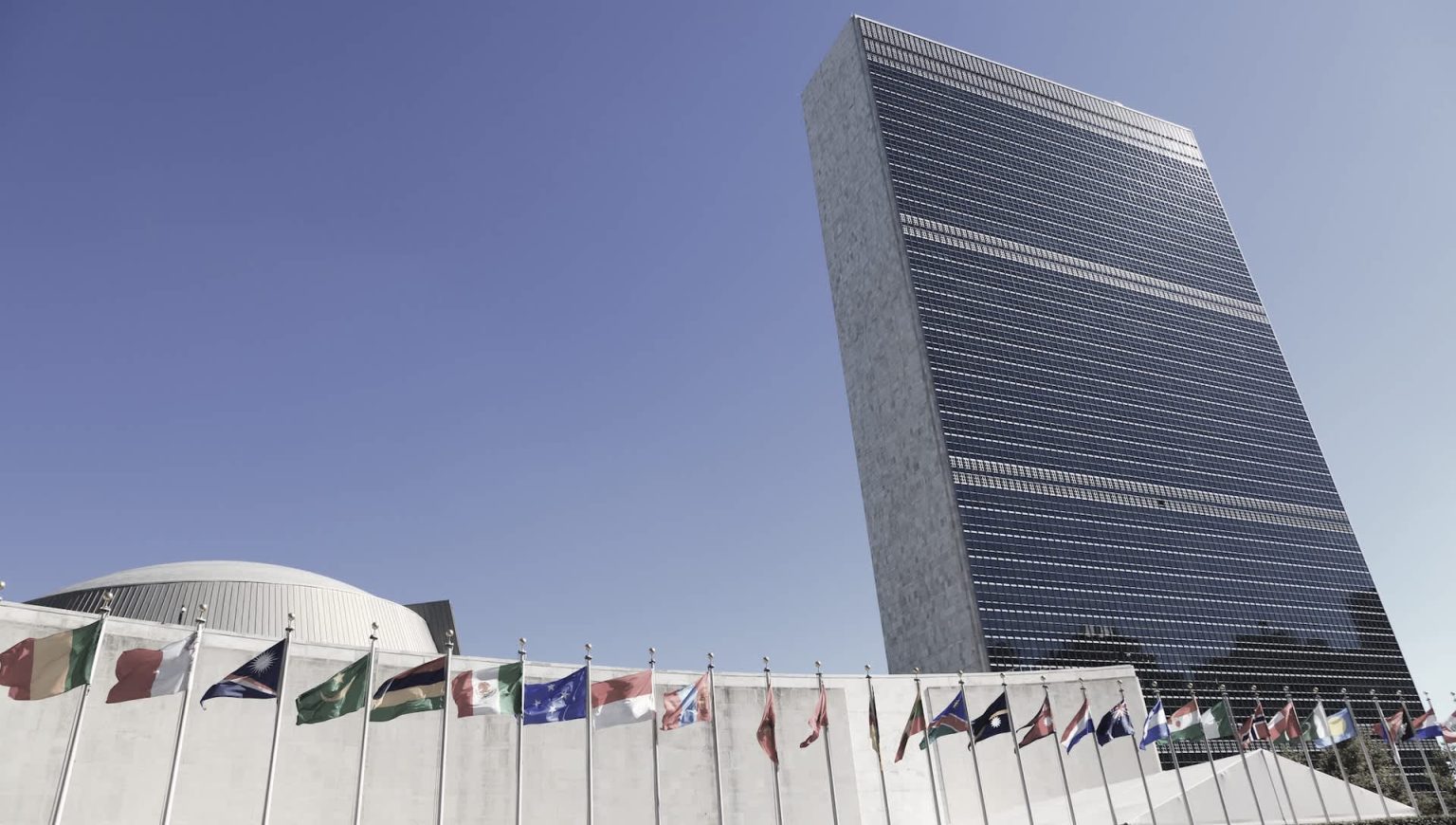Listen to the article
In a stark assessment of recent claims, independent fact-checkers have systematically dismantled numerous statements made by former President Donald Trump during his address to the United Nations regarding climate change and environmental policies.
According to analysis by FactCheck.org, Trump’s central assertion that global warming is a “hoax” contradicts overwhelming scientific evidence. His claim that Earth’s temperature was dropping a century ago and is dropping again runs counter to established climate data. Temperature records clearly show that the four hottest years ever recorded globally are 2024, 2023, 2020, and 2016, in descending order, reflecting a clear warming trend despite year-to-year fluctuations.
Climate scientists have consistently documented rising global average temperatures, which are driving increasingly unstable weather patterns and more frequent natural disasters. These changes pose significant threats to agricultural production and food security worldwide, while also facilitating the spread of diseases. The impacts extend far beyond human communities, affecting ecosystems and wildlife populations across the planet.
The former president’s criticism of renewable energy efforts included several mischaracterizations of China’s energy policy. Contrary to his assertion that China manufactures wind turbines but doesn’t use them domestically, China actually controls approximately 44% of global wind power capacity, making it a world leader in both production and implementation of this technology.
Trump also erroneously portrayed coal as a “clean” energy source, despite extensive scientific documentation of its significant contributions to air pollution and greenhouse gas emissions. His claim that the United States has spent $1 trillion on climate change mitigation efforts was similarly inaccurate, with the actual figure being substantially lower according to fact-checkers.
In addressing terminology, Trump suggested that scientists shifted from using “global warming” to “climate change” as a way to hedge their predictions regardless of temperature fluctuations. However, this misrepresents the scientific community’s language evolution. “Climate change” is actually a broader term that encompasses global warming along with related phenomena such as sea level rise, extreme weather events, and shifting precipitation patterns. Scientists continue to use “global warming” when specifically discussing temperature increases.
The debate over climate policy has significant economic implications. Countries worldwide are increasingly investing in renewable energy infrastructure as both an environmental strategy and economic opportunity. The International Energy Agency reports that clean energy investments have accelerated in recent years, with solar power now representing the cheapest form of electricity in many markets globally.
These investments are reshaping energy markets while creating new employment sectors. According to the International Renewable Energy Agency, the renewable energy sector employed approximately 13.7 million people worldwide in 2022, with that number projected to grow substantially as more nations transition away from fossil fuels.
Public understanding of climate science remains critical to informed policy discussions. Misinformation can significantly impact public support for climate action and influence governmental approaches to environmental regulations, international agreements, and infrastructure development.
Climate scientists emphasize that while natural climate variations do occur, the current warming trend is primarily attributable to human activities, particularly the burning of fossil fuels. This scientific consensus is supported by multiple lines of evidence including temperature records, atmospheric carbon dioxide measurements, ocean acidification data, and observations of melting ice sheets.
As global temperatures continue rising, experts warn that decisive action to reduce greenhouse gas emissions remains essential to mitigate the most severe potential consequences of climate change, which include more intense storms, prolonged droughts, rising sea levels, and threats to biodiversity.
Verify This Yourself
Use these professional tools to fact-check and investigate claims independently
Reverse Image Search
Check if this image has been used elsewhere or in different contexts
Ask Our AI About This Claim
Get instant answers with web-powered AI analysis
Related Fact-Checks
See what other fact-checkers have said about similar claims
Want More Verification Tools?
Access our full suite of professional disinformation monitoring and investigation tools



